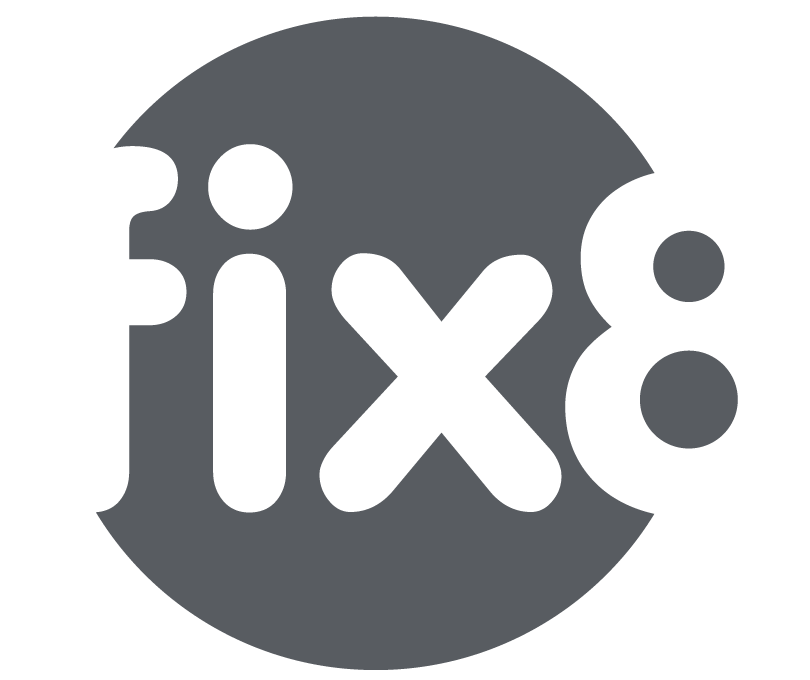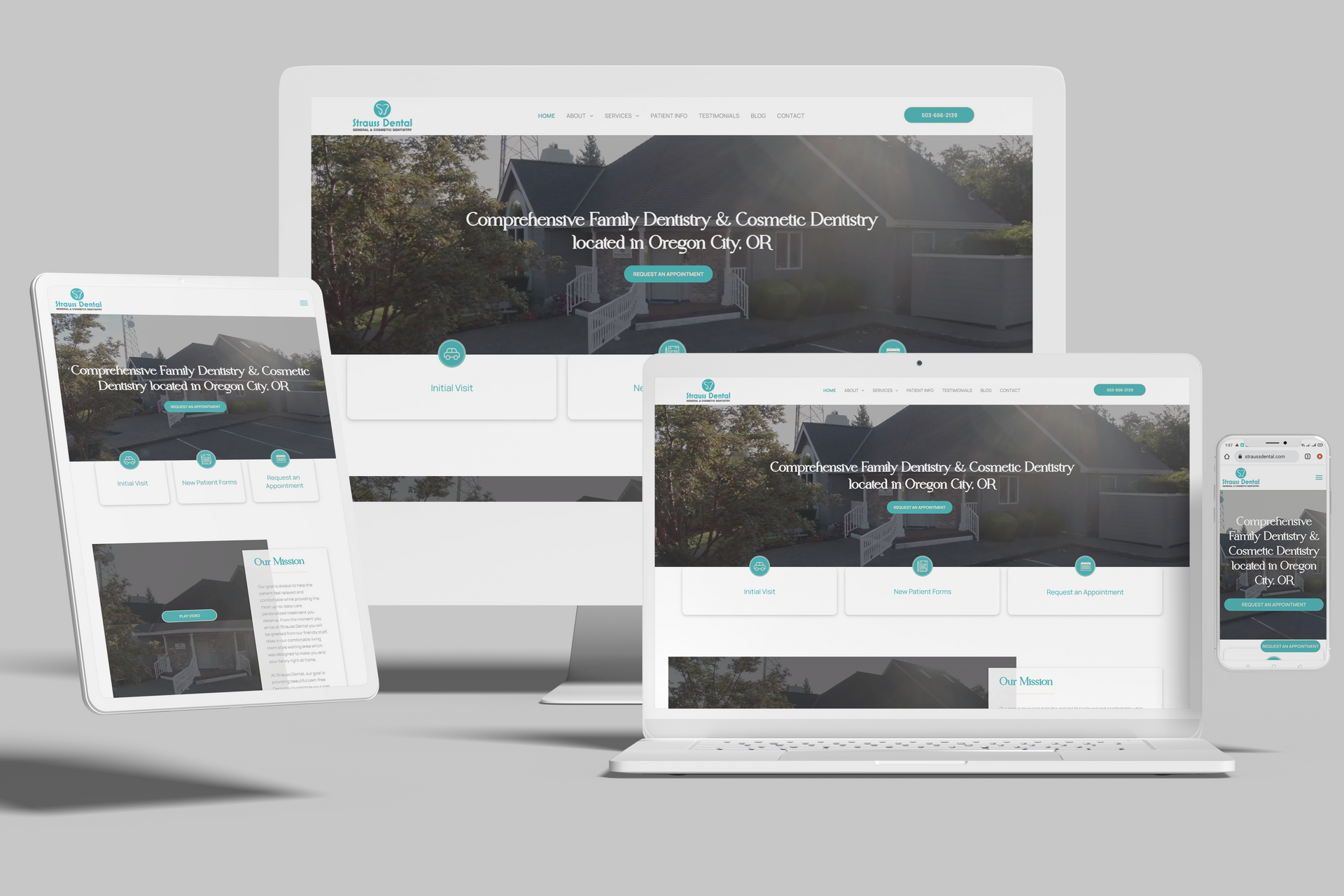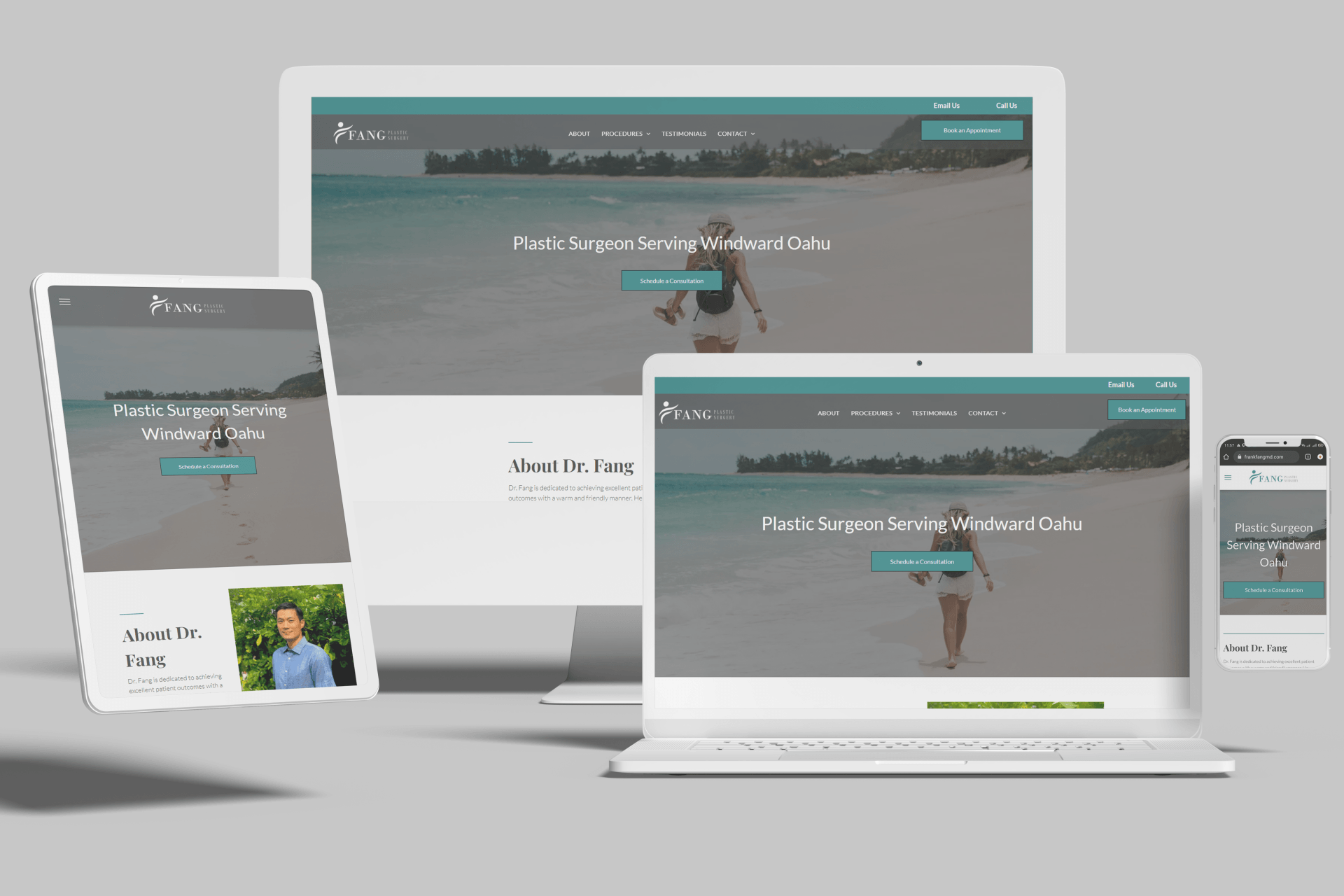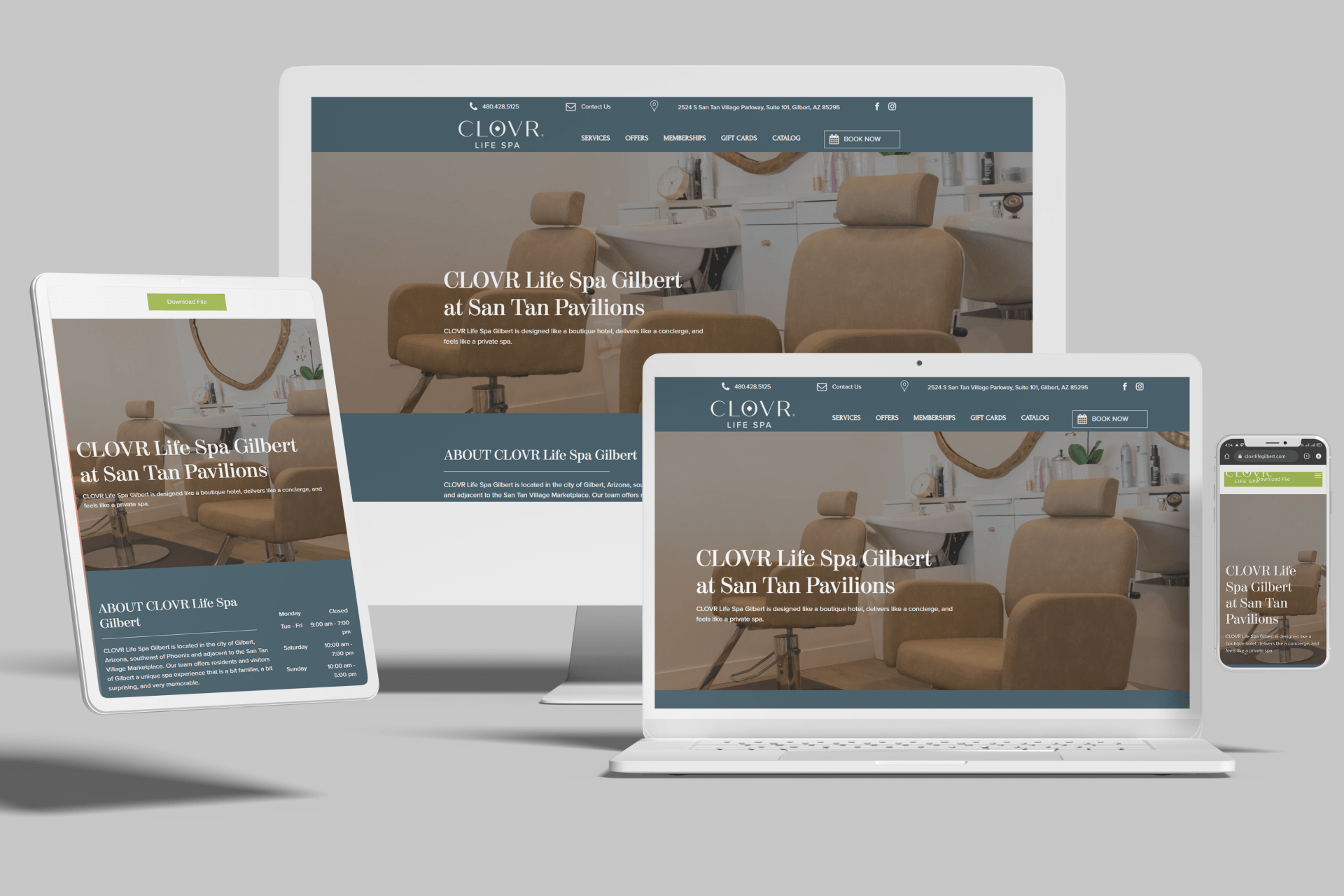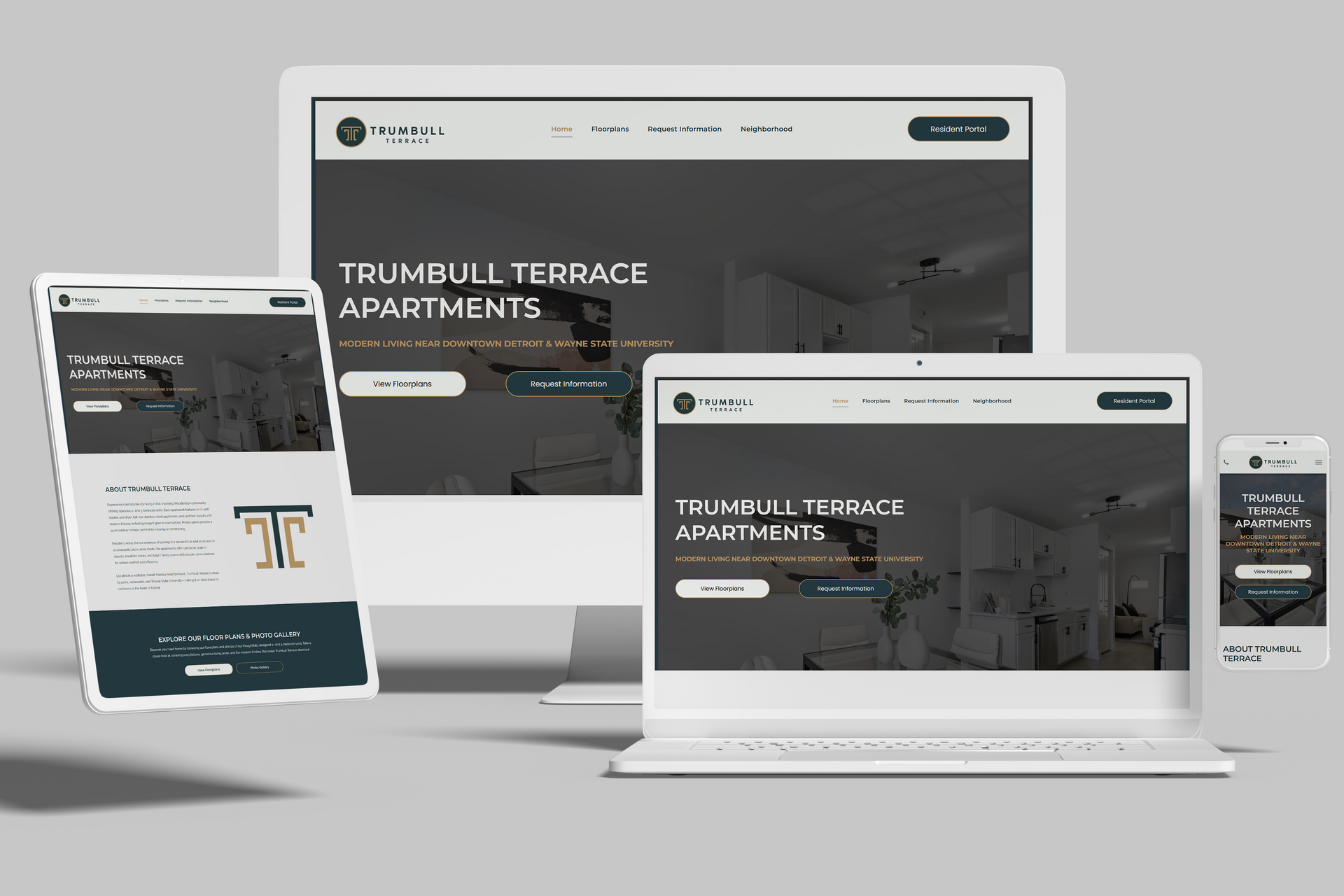Medical Websites That Turn Clicks Into Patients
Your website isn’t just a digital brochure—it’s your most effective patient-growth engine. Launch a professional, HIPAA-aware medical website that ranks higher locally, attracts new patients, streamlines online scheduling, and builds your practice 24/7.
Why Medical Practices Need a High-Performing Website
In today’s market, most patients begin their search for care online. Without a polished, user-friendly medical website, you risk losing inquiries to providers who make a stronger first impression.
A professional medical website helps you:
- Showcase your services, specialties, and providers with clear, credible content
- Build authority and trust with patient reviews, outcomes, and credentials
- Capture leads through HIPAA-friendly forms, chat tools, and calls-to-action
- Rank higher on search engines and drive local organic traffic
- Streamline communication, intake, and appointment scheduling
Essential Features of the Best Medical Websites
Not all medical websites are created equal. To stand out and win more patients, your site should include:
- Mobile-responsive design
- Online scheduling and secure intake forms
- SEO optimization for medical and dental service keywords
- Lead capture tools (short forms, chat, click-to-call)
- Fast loading speeds
- ADA/WCAG accessibility
- Provider and location pages (bios, credentials, insurance, maps, hours)
- Reviews and social proof integrations
- Patient education content (procedure pages, FAQs, resources)
- Schema markup (MedicalOrganization, Physician, Dentist, FAQ, LocalBusiness)
How a Medical Website Helps You Stand Out
The best medical websites don’t just list services—they communicate expertise and make next steps obvious. Your site should highlight your differentiators, showcase patient testimonials, and make it effortless to request an appointment.
By combining modern design with strategic SEO, you can dominate local search results and position your practice as the go-to choice in your area for doctors, physicians, medical offices, and dentists.
FAQs About Medical Websites
Do medical practices really need a website?
Yes. A professional website is critical for building credibility, generating patient inquiries, and competing in today’s digital-first healthcare market.
What should be included in a medical website?
Provider and location pages, request-an-appointment or online scheduling, secure contact forms, patient reviews, procedure/service pages, and clear calls-to-action.
How can I get my medical website to rank on Google?
Use SEO best practices: service and location keywords, fast site speed, mobile responsiveness, structured data (Physician/Dentist/FAQ schema), and high-quality content like procedure guides and FAQs.
Can I use my website to capture leads directly?
Absolutely. With HIPAA-friendly forms, chat widgets, and scheduling tools, your medical or dental website can turn visitors into booked appointments.
Get Started with a Professional Medical Website
Whether you’re a solo physician, a multi-location medical office, or a dental practice, investing in a high-quality medical website is one of the smartest moves you can make. A strong online presence not only attracts more patients but also builds long-term trust in your community.
Get Started with a Professional Medical Website
Whether you’re an independent physician, a group practice, or a multi-location clinic, investing in a high-quality medical website is one of the smartest moves you can make. A strong online presence not only attracts more patients but also builds long-term trust in your community.

